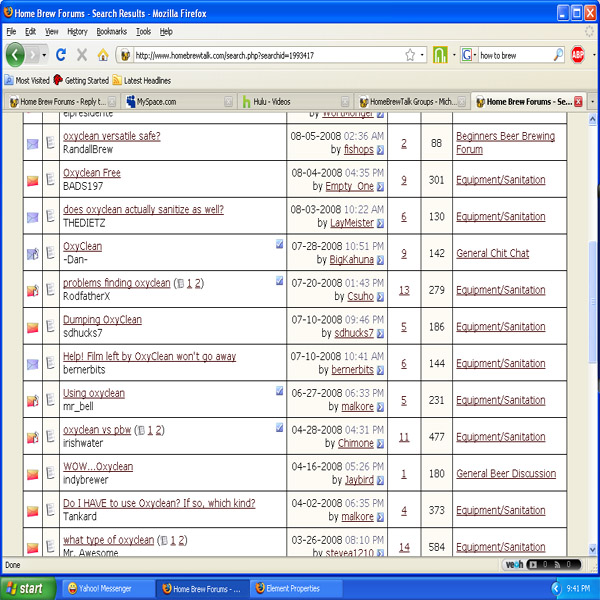Just found this about the active ingredient in OxyClean:
Sodium percarbonate has a low acute toxicity via the oral and dermal route (LD50 > 1000 mg/kg bodyweight). The existing animal data on acute toxicity show that sodium percarbonate has a local effect. In animal tests a slight irritating effect on the skin was reported for solid sodium percarbonate and it was highly irritating to the rabbit eye (not rinsed). Sodium percarbonate did not have sensitising properties in a test with guinea pigs. When consumers are exposed to sodium percarbonate, neither hydrogen peroxide nor sodium carbonate will be systemically available due to their effective detoxification (degradation or neutralisation) in the body. Consequently it is to be expected that the concentration of hydrogen peroxide and sodium in the blood and the pH of the blood will not be increased. Therefore, neither sodium percarbonate itself nor hydrogen peroxide or carbonate will reach the organs or the foetus and there is no risk for systemic, developmental or reproductive toxicity. With regard to genotoxicity and carcinogenicity the properties of sodium percarbonate also resemble those of hydrogen peroxide and it can be concluded that there is no concern for humans with regard to a possible genotoxicity or carcinogenicity of sodium percarbonate. The only critical endpoint for sodium percarbonate seems to be local irritation. Consumers can be exposed to sodium percarbonate due to skin contact with solutions which contain sodium percarbonate, which can be laundry hand washing. However, the estimated concentrations of sodium percarbonate in these solutions are too low to cause skin irritation. Accidental exposure of the eyes to dry products which contain sodium percarbonate or to solutions of household cleaning products which contain sodium percarbonate could result in eye irritation. Only if the sodium percarbonate concentration in the product or the solution is very high (> 25%) irreversible damage to the eye could occur if the product is not immediately washed out, which would normally be the case. Acute cases of oral poisoning or effects on human eyes, due to accidental or intentional overexposure to sodium percarbonate, have not been found in the literature. Based on the available data, the use of sodium percarbonate in household cleaning products has no adverse effect on consumers.






